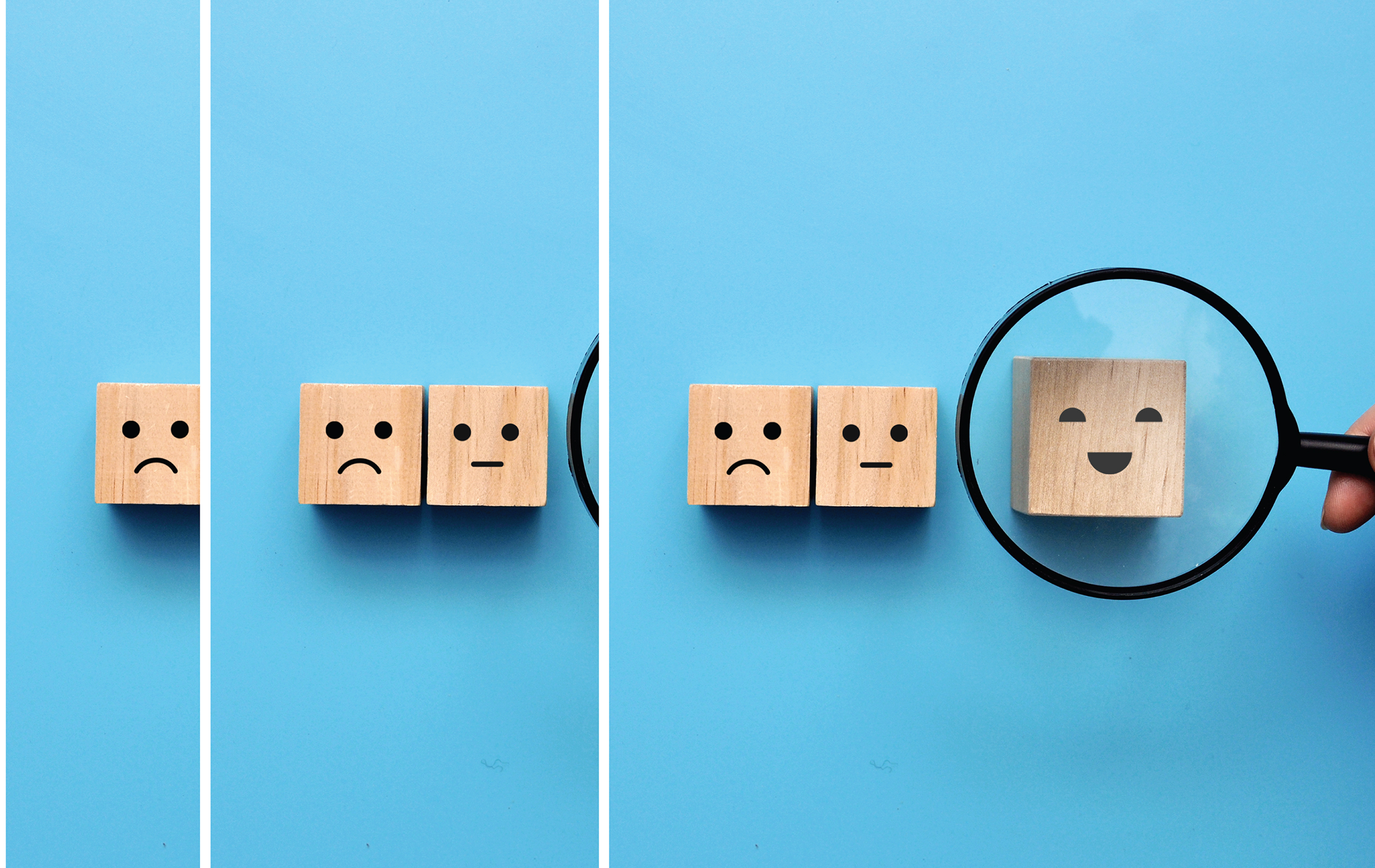
Let’s face it, the last several years have been difficult. Covid, and all of its knock-on effects, the climate crisis, culture wars, and concerns around AI have all made it difficult for many of us to be optimistic about the future. Anxiety and depression rates are 25% higher in the past year, and kids and teens continue to face a mental health crisis. Most leaders have also been working especially hard navigating all of the ups and downs, with increasing feelings of burnout.
It’s challenging to be an inspiring leader when you aren’t at your best emotionally and physically. Managing through these difficult times requires resilience and optimism, so you can bring positive energy to your teams.
Summer is winding down, but it’s never too early to start planning for long weekends, holiday breaks, or next summer. If you are feeling like you need a reset, or an uplift, consider planning an Optimism-boosting break.
My family and I recently had one of the most uplifting vacations we have ever taken. The positive impact of this trip was both immediate and lasting. I still feel fundamentally better on a daily basis, than I did before, because of this wonderful break.
Research shows that taking a vacation improves your well-being, as Rebecca Zucker, one of my colleagues, wrote about in her recent HBR article. But not all vacations are created equal, and this one was different. I couldn’t help but think about what made this trip feel so good that it shifted my mindset in a lasting way.
Upon reflection, I realized that this trip combined several core elements known to support emotional and physical well-being. Instead of touching on one or two, it was the combination that was especially powerful. What I learned is now my formula for taking rejuvenating breaks.
See below to learn about the three vital elements of an optimism-boosting break.
Much has been written about the power of community and social connection for long-term well-being. The number one factor that supports longevity and health is having strong relationships. One of the best parts of this trip was that we traveled with a group of old and new friends, and their teenage kids. The group included men who had lived together many years ago, but hadn’t reconnected in a long time. It included women who were developing friendships for the first time. It also included teens spending time with each other, having their own conversations.
We went on adventures together, saw the sights through each other’s eyes, laughed, talked about big life questions and learned from each other. It was invigorating, interesting and fun. We’re a close family, but being with friends amplified the fun significantly compared to trips we have gone on by ourselves.
Research shows there are numerous benefits to spending time in nature. These include thinking more clearly, lasting improvements in mood and emotional well-being, and strengthening the immune system. In his book Forest Bathing, Dr. Qing Li shares numerous studies that document all of these very real physical and emotional benefits. He also shows that spending two hours around trees boosted positive outlook scores and two days in nature boosts immune functioning for up to 30 days. I highly recommend this lovely book, if you are interested.
The natural beauty on our trip was astounding. We were in Central America where we spent time hiking in the forest, swimming in the warm, gorgeous blue ocean, sitting beneath the trees and savoring the sunsets. Being in nature made us feel noticeably present and a part of our surroundings.
You don’t need to go to another country to spend time in nature. Hiking or walking at a park somewhere nearby, spending time by water, sitting beneath trees or hanging out in your backyard mindfully can make a big difference.
Research on love shows that it is important for long term couples to experience new things together to bring up that “in love” feeling again. Research on “Awe,” by Dacher Keltner at UC Berkeley, also shows that experiencing “the feeling of being in the presence of something vast that transcends your current understanding of the world,” boosts mood, well-being, makes you more generous and helps you feel connected to humanity.
Traveling to new places creates opportunities for both novelty and awe. Central America was new to most of us, making every day a feast of unexpected experiences and gorgeous sights. We traveled on bumpy dirt roads that led to stunning forests and beaches, and explored beautiful old towns. We hiked around the top of a volcano with amazing views, watched monkeys in their natural habitat, ate tasty food at local spots, and listened to live music at a neighborhood bar. There was so much that was new and inspiring, including the very simple things that are present in a different culture. We felt awake and alive every day.
This vacation fed us emotionally and physically, reconnecting us with what’s good in the world, despite the ongoing challenges.
Here is how to boost your optimism – whether it’s a weekend, a day trip, holiday plans or a summer vacation, etc:
My vacation was an intense experience of joy. It gave me such a boost and reset my emotional state, which I frankly needed. It made me reflect on how I could infuse more joyful experiences with friends and family into my day-to-day life too. It opened up my creativity and sense of possibility for the future. And now I’m back at work, actively savoring the beauty in every day, and planning for next summer. I hope you will too!
